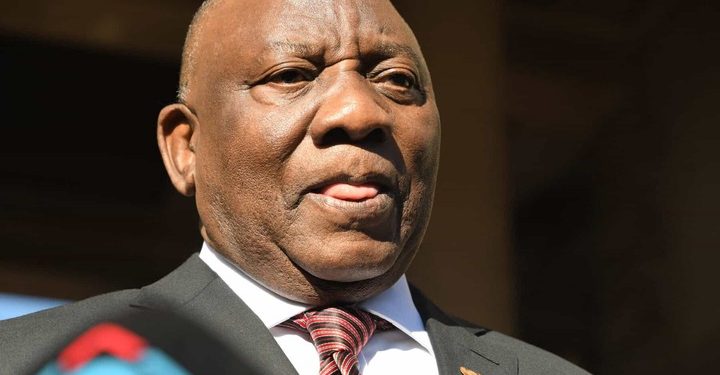President Cyril Ramaphosa is facing increasing criticism for his frequent public expressions of shock and surprise at South Africa’s ongoing problems. Critics argue that as the leader of the ruling party for years, his reactions seem out of touch or disingenuous.
The president has stated he was shocked by the findings of the state capture inquiry, the discovery of large sums of money hidden at his Phala Phala farm, and the widespread corruption at state-owned companies like Eskom and Transnet. He also expressed surprise at the intelligence failure during the 2021 unrest, the looting of Covid-19 relief funds, and recent youth unemployment figures.
This pattern has led some to question whether these reactions are a deliberate attempt to distance himself from failures that occurred under his party’s watch.
The criticism intensified recently when the president posed rhetorical questions at a national convention, asking why poverty and inequality persist decades after democracy. Opponents were quick to point out that Ramaphosa has been a central figure in South African politics for decades. He led the ANC’s negotiation team in the early 1990s, chaired the committee that drafted the country’s constitution, and has been either deputy president or president since 2014.
His weekly public letters have also drawn scrutiny, with some statements, like a claim that South Africa’s national interest is “independent” and not beholden to external influence, being met with skepticism online.
The discontent appears to be growing within his own party. Former Foreign Minister Naledi Pandor recently expressed frustration, stating, “There is nothing worse… than a leader who has no solution. We can’t be asking someone else, ‘how do we solve this?’”
Analysts suggest this internal criticism reflects gathering factions within the ANC that are opposed to Ramaphosa’s leadership. As the next election approaches, many are watching to see if the party will face a significant electoral decline, an outcome that may not surprise its critics.






















